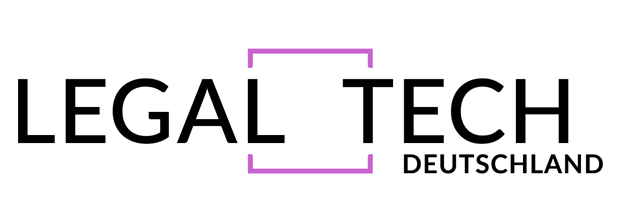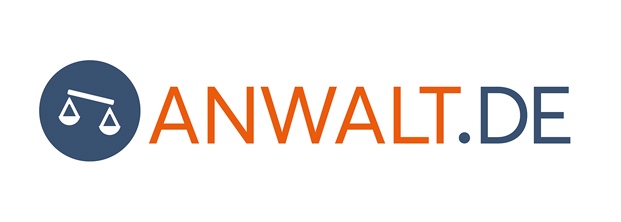Sometimes the surprise is great: a fine notice or even a penalty order arrives by registered mail. Often those affected are not even aware of these offenses. And even in the case of offenses that fall outside the Road Traffic Act and the Road Traffic Regulations, many of those affected do not expect to receive a penalty notice. This makes it all the more important to carefully examine the allegations that led to the issuing of the fine or penalty order. To this end, the legislator has created the possibility of inspecting the files.
You also have the right to inspect files if you have been the victim of a criminal offense. You and your legal counsel can then apply to the court as joint plaintiffs and joint plaintiff representatives. Experts and appraisers are also entitled to inspect the files. This group of people also has a legitimate interest in finding out details about the alleged crime. Only with this knowledge can joint plaintiffs and their representatives argue their case appropriately and expert witnesses and experts shed light on the technical background, the course of events or the personality of the accused.
However, Sections 147 and 406e of the Code of Criminal Procedure also stipulate that, under certain circumstances, access to files may be refused in whole or in part. For example, evidence and witness statements can be excluded in order not to jeopardize further investigations or to protect certain persons. In preparatory proceedings and after the proceedings have become legally binding, the public prosecutor's office decides on this; during proceedings, the presiding judge decides.
If the public prosecutor refuses to grant access to the investigation or criminal files, it is possible to bring about a court decision. The conclusion of the investigation proceedings can also be the reason why, contrary to the earlier decision to refuse, access is ultimately granted.
A general exception to this rule is the minutes of interrogations of the accused and transcripts of judicial investigations, where the presence of a lawyer must be permitted. They may be inspected at any time by a defense lawyer appointed at a later date.
Criminal proceedings - possibility to inspect files
The form in which the police, the public prosecutor's office or the court allows access to the file depends on various factors. The fact whether the file is kept electronically or still in paper form is one of these criteria. It also makes a difference whether the accused wish to obtain information themselves or whether their legal representative requests access to the file.
If you as a defendant - still - want to inspect files without a defense lawyer, you can only do so at court. It is advisable to make an appointment, as the files may only be inspected under supervision. This applies to both electronic and paper files. Copies of non-electronic files can be made on request; a fee is payable to the court.
It is far easier for lawyers to view an investigation or criminal file. If an electronic file is already kept for the proceedings, access and file inspection is usually carried out via a corresponding portal for legal representatives. Conventional paper files are sent to the lawyer's office for a few days upon request. This provides sufficient time to copy all relevant documents and then discuss them with the accused.
Another unbeatable advantage of accessing files via a lawyer is their professional expertise. He also knows how to legally classify handwritten notes and marginal notes and can decide which pages are relevant and which will unnecessarily increase copying costs. Once the files have been inspected, there is usually enough time to discuss the course of events, witness statements and comments with the accused and to develop a defense strategy.
Criminal proceedings are increasingly taking on an international dimension. The investigating authorities are therefore already contacting foreign authorities and asking them for legal assistance. These proceedings are still usually more time-consuming and intertwined. The more authorities are involved, the longer it will take to complete the individual steps and put them together into a manageable complex.
The same applies to the inspection of files. If documents only need to be inspected in one country, the procedure is not too time-consuming, although it is slower than it might be in Germany. However, if investigations are being conducted in different countries, several requests may have to be made. Not all authorities work according to German standards, so it can often take more time before the file is sent or certain file contents such as witness statements are available.
At least across the EU, the requirements for access to files differ only slightly from those in Germany. Access to files is possible in most cases. It is made easier and faster if electronic files are available. They can be viewed by lawyers via the European e-Justice Portal. At the same time, the portal offers its users a compact overview of the regulations in the individual countries.
However, even with the relatively quick and uncomplicated e-file, additional time is required. After all, the files are kept in the respective national language. If you or your lawyer do not speak this language, documents must first go through competent translators.
There are separate costs for the inspection of files. On the one hand, these are the costs charged by the court. The scale of fees for lawyers also provides for a basic fee, copying costs, flat-rate expenses and VAT. Alternatively, an individual fee agreement can be made if you want to or have to bear the costs of inspecting the files yourself.
If you as the defendant have taken out appropriate legal expenses insurance, this will generally reimburse the court costs and fees incurred within the framework of the Court Costs Code and the Lawyers' Fees Act (RVG).
Contact us directly now.




© 2024 ROTWANG LAW